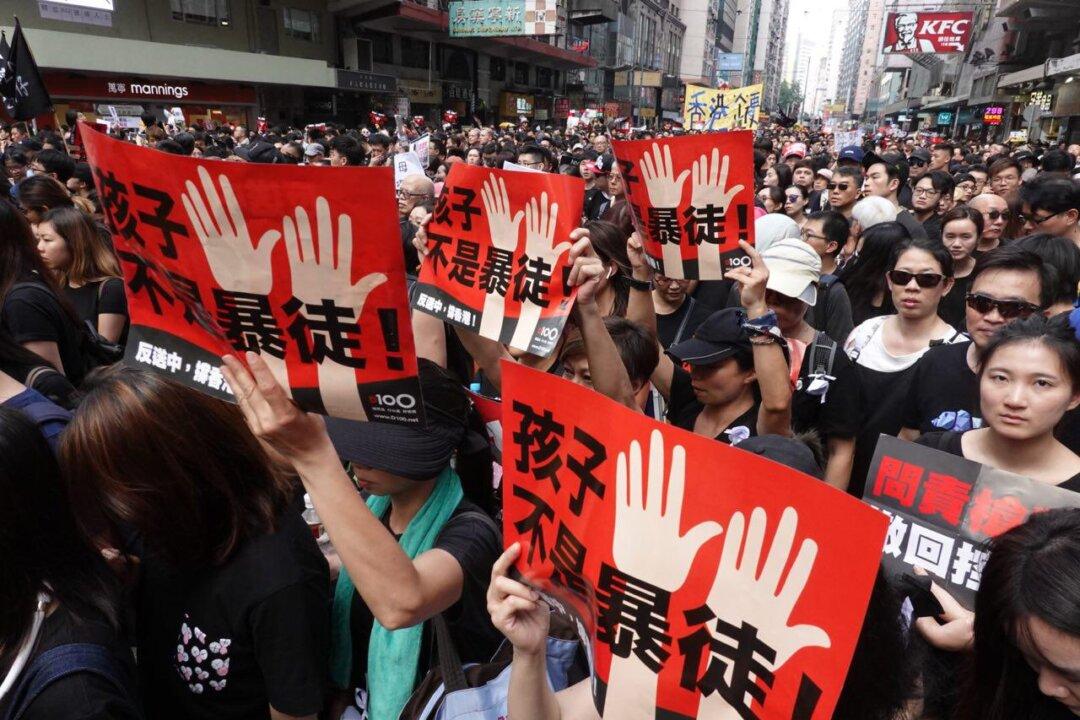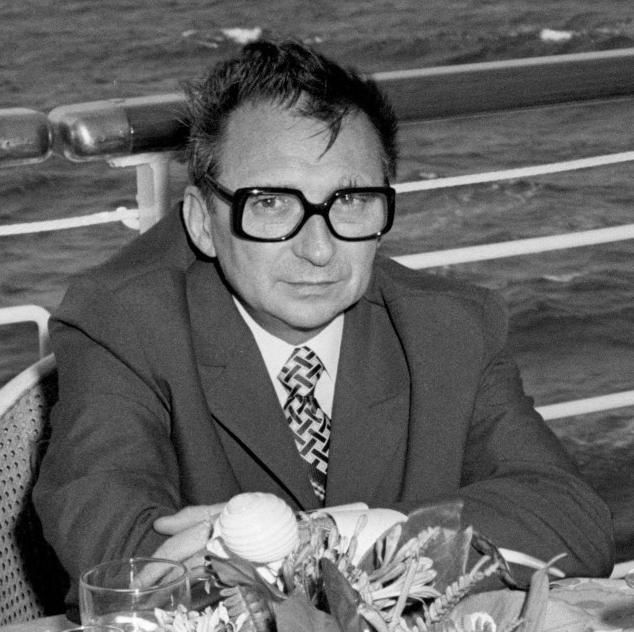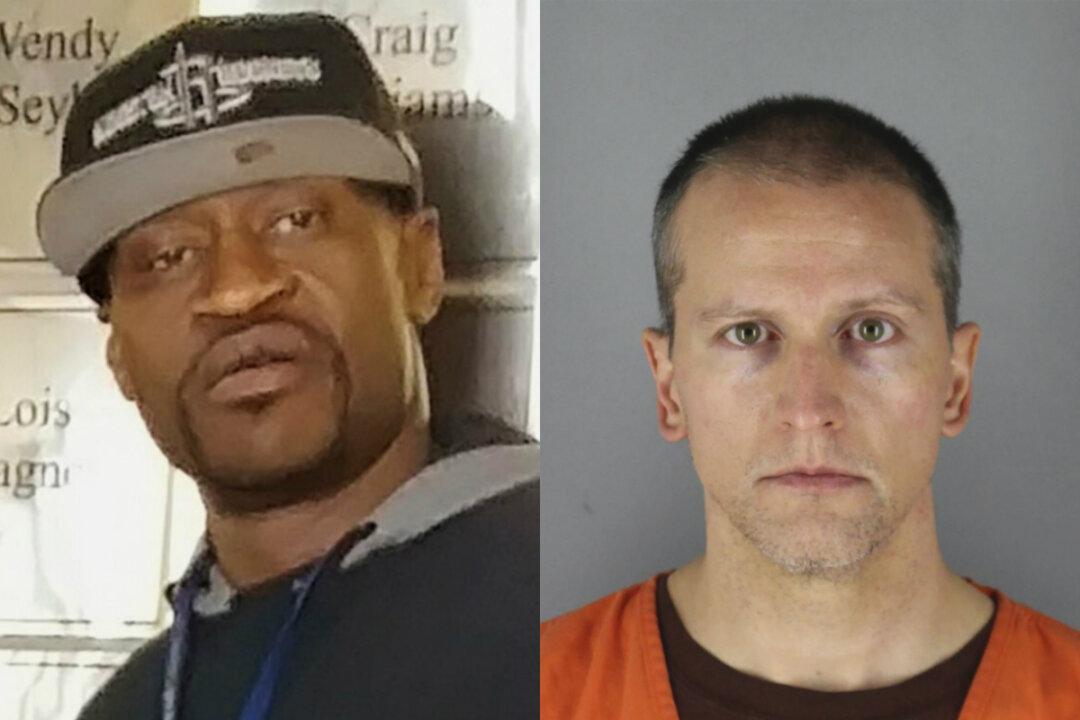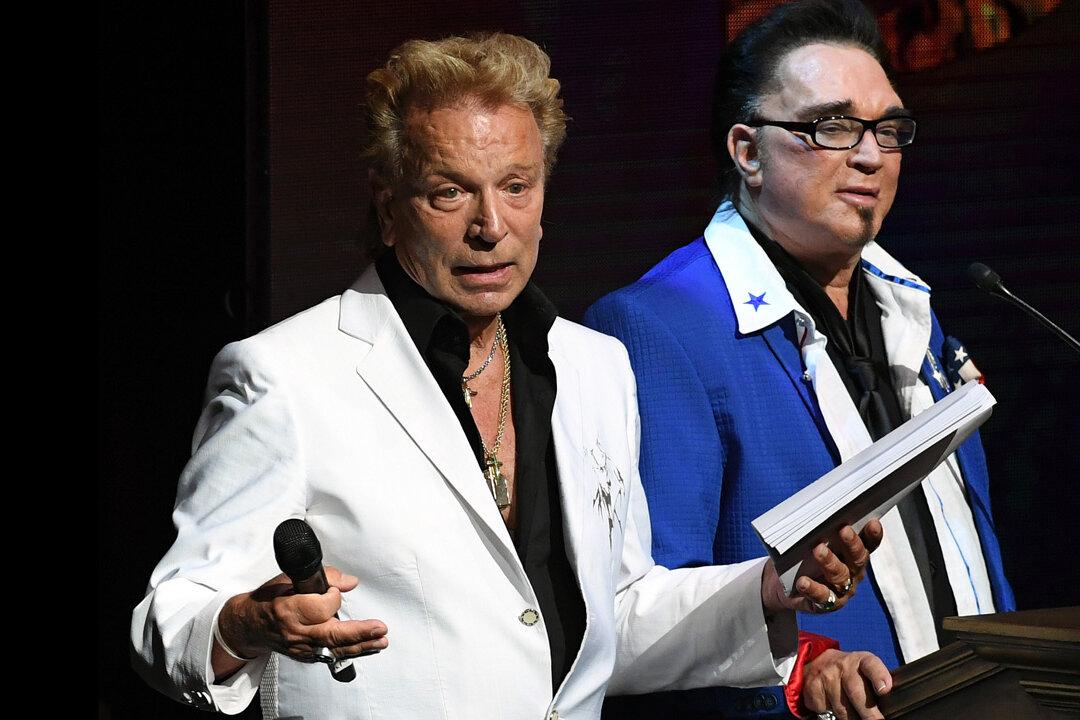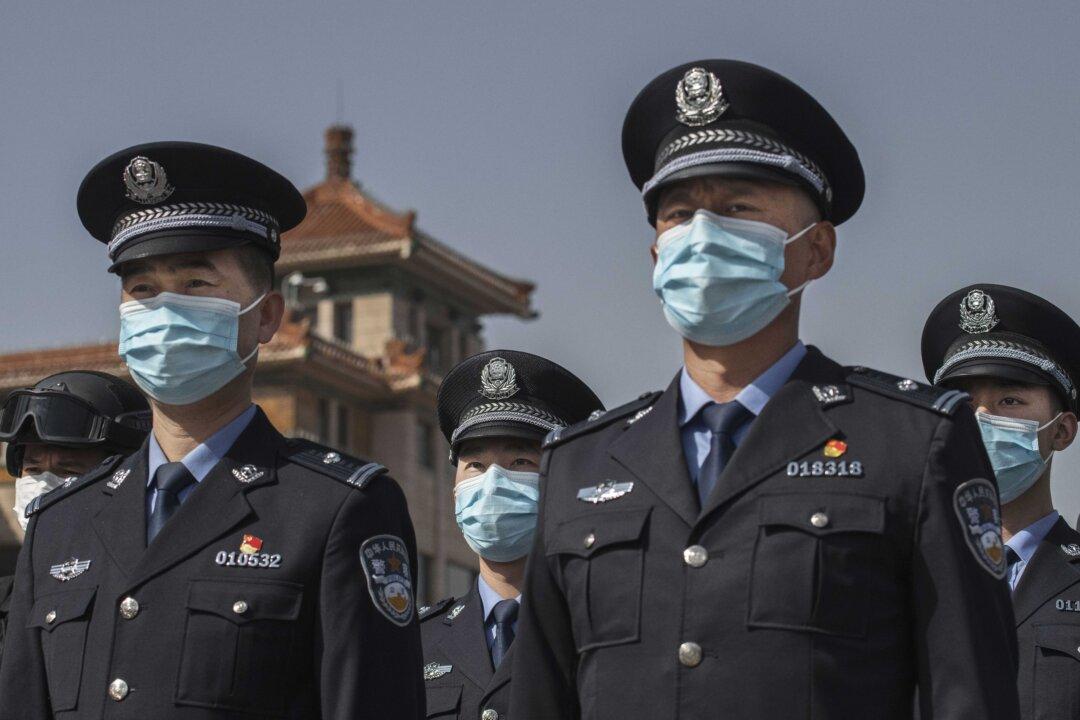Commentary
The people of Hong Kong just obtained a temporary reprieve from Beijing’s assault on their autonomy. The issue of the day was a controversial extradition bill that would require certain defendants to be sent to mainland China for trial. The people of Hong Kong fought hard against it.
